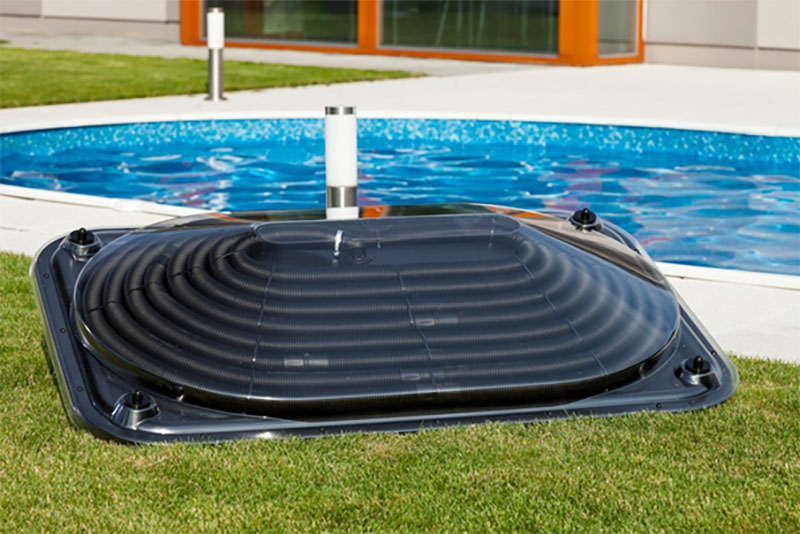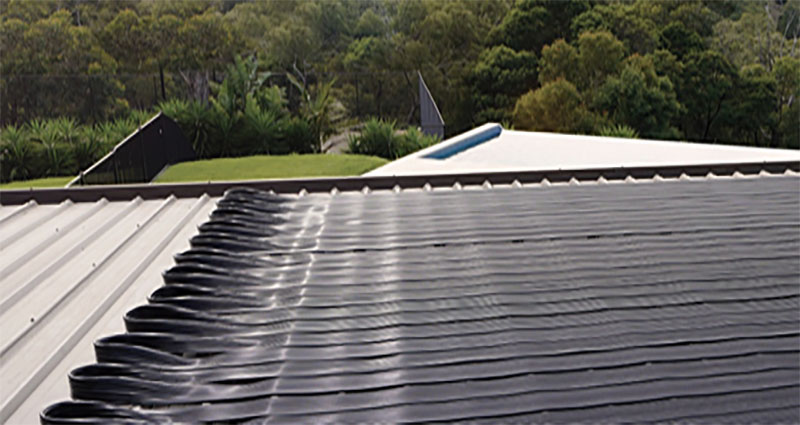Heating swimming is essential for ensuring proper enjoyment and comfort. Of course, pools are one of the biggest investments you can make in your household. Still, if you live in a colder climate or wish to make an indoor pool, you should find ways to heat the water to ensure the best course of action.
At the same time, if you increase the temperature of your water by ten degrees, you can add months to a swimming season. Besides, you will increase the value of your investment while you will enjoy the exercise activity and family entertainment, among other things.
One of the most popular ways is electric and solar pool heating, while the latter provides you with cost efficiency and low spending option. The main idea is to understand the difference between electric pumps and solar, which will help you determine the best course of action.
The Differences Between Heat Pumps and Solar Heaters

When it comes to the average swimming pool owner, you can choose a few affordable options that will help you increase the temperature of the water. The most attractive options are solar and electric pumps. However, the question is which one is the best for your specific requirements.
You should know that both will provide you with the desired results, but they function differently. At the same time, they come with advantages and disadvantages, meaning you should choose based on your needs.
Electric Heaters
You can picture electric pumps as reverse AC units. You probably know that conventional AC absorbs temperature inside a room and transfers it outside into the atmosphere. On the other hand, an electric pump will absorb it from the outside air and use it to increase temperature of the water by using the internal mechanism for the process.
Therefore, a dedicated pump or existing one will force water from the pool by using a process. As soon as the pump heats the water, it will return to it while ensuring the cycle happens over and over. The electric pump uses electricity, as you probably understand, but it is a more efficient option than resistance counterparts.
You should click here to learn more about solar water processes before making up your mind.
Advantages
- They can operate both night and day, no matter the outside temperature
- Lower installation investment
- It is a faster solution than a solar
- Simple to move
Disadvantages
- Higher maintenance
- Expensive repairs
- It will increase your energy bills
Solar Pool Heaters
Compared with heat pumps, solar options do not use electrical energy to heat the water. Instead, they rely on solar radiation and thermal qualities, like panels, meaning you will use a series of pipes or tubes to heat the water inside. The tube arrangements are collectors. We can differentiate a few options you can find on the market.
The overall operation is like electric pumps, meaning the cool water will enter the collector, where solar radiation will handle them. The next step is returning the hot water into the pool while the cycle starts again.
The best way to determine the size you should get is by understanding the length of the swimming season, average temperature, pool size, desired temperature, solar resource, collector efficiency etc.
You should know that most systems use computer programs and worksheets to help you determine the collector sizing and system requirements. Generally, the surface area of your collector should be between fifty and a hundred percent of the surface of your pool.
In cloudier and cooler areas, you should increase the ratio between collectors and pool surfaces. Increasing the square footage will make your swimming season more enjoyable and comfortable.
Check out this guide: https://www.wikihow.com/Use-Solar-Energy-to-Heat-a-Pool to learn how to use solar energy to increase temperature of your pool water.
Advantages
- No operation costs
- Low maintenance compared with electric pump
- Lower expenses eventually
- A wide array of models that will fit your specific needs
- You can find the DIY version
Disadvantages
- Slow process
- Significant investment
- It can increase temperature only during the daytime
- More considerable installations are challenging to move
Final Word
Finally, you should remember that the choice between electric pumps and solar options depends on your specific preferences and pool specifications. Generally, electric pumps are more affordable and faster to install, but they come with ongoing expenses. At the same time, they will heat faster than solar.
Still, solar is an eco-friendly option that comes with a significant initial investment, but you can rest assured when it comes to ongoing expenses. Everything depends on your specific requirements, meaning you should check out different options and choose wisely.








